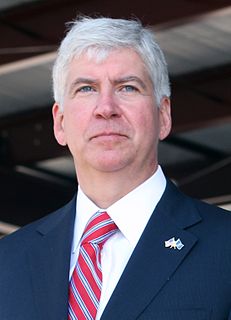A Quote by Kathryn Schulz
Error ... is less an intellectual problem than an existential one - a crisis not in what we know, but in who we are. We hear something of that identity crisis in the questions we ask ourselves in the aftemath of error: What was I thinking? How could I have done that?
Related Quotes
I remember coming on my first set and it being a playground of things I wanted to ask questions about: cameras and lenses and what the lenses do, what's the focus puller doing and how does that work? Why is there less margin for error when there's less light? I was always asking questions and watching directors closely.
Error is a supposition that pleasure and pain, that intelligence, substance, life, are existent in matter. Error is neither Mind nor one of Mind's faculties. Error is the contradiction of Truth. Error is a belief without understanding. Error is unreal because untrue. It is that which stemma to be and is not. If error were true, its truth would be error, and we should have a self-evident absurdity -namely, erroneous truth. Thus we should continue to lose the standard of Truth.
When things get bad enough, then something happens to correct the course. And it's for that reason that I speak about evolution as an error-making and an error-correcting process. And if we can be ever so much better - ever so much slightly better - at error correcting than at error making, then we'll make it.
The world always makes the assumption that the exposure of an error is identical with the discovery of truth - that error and truth are simply opposite. They are nothing of the sort. What the world turns to, when it has been cured of one error, is usually simply another error, and maybe one worse than the first one.
I`d like to address the people of Flint. Your families face a crisis. A crisis you did not create and could not have prevented. I want to speak directly, honestly and sincerely to let you know we are praying for you, we are working hard for you, and we are absolutely committed to taking the right steps to effectively solve this crisis.
Man is made of opinions,—of truth and error; and his life is a warfare like all other lives before him.... Man goes on developing error upon error till he is buried in his own belief.... It is the office of wisdom to explain the phenomena in man called disease, to show how it is made, and how it can be unmade. This is as much a science as it is to know how to decompose a piece of metal.

































